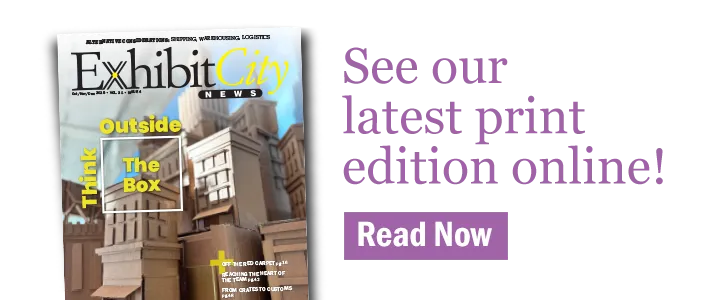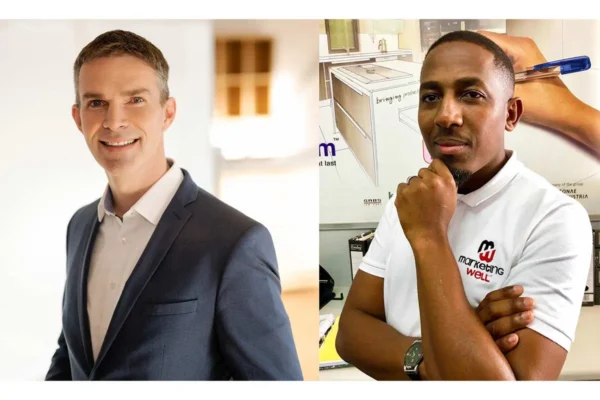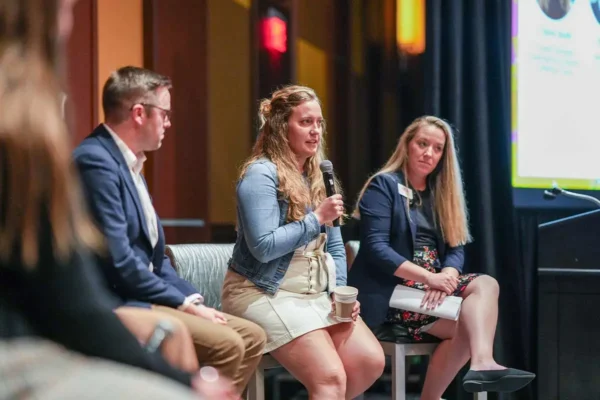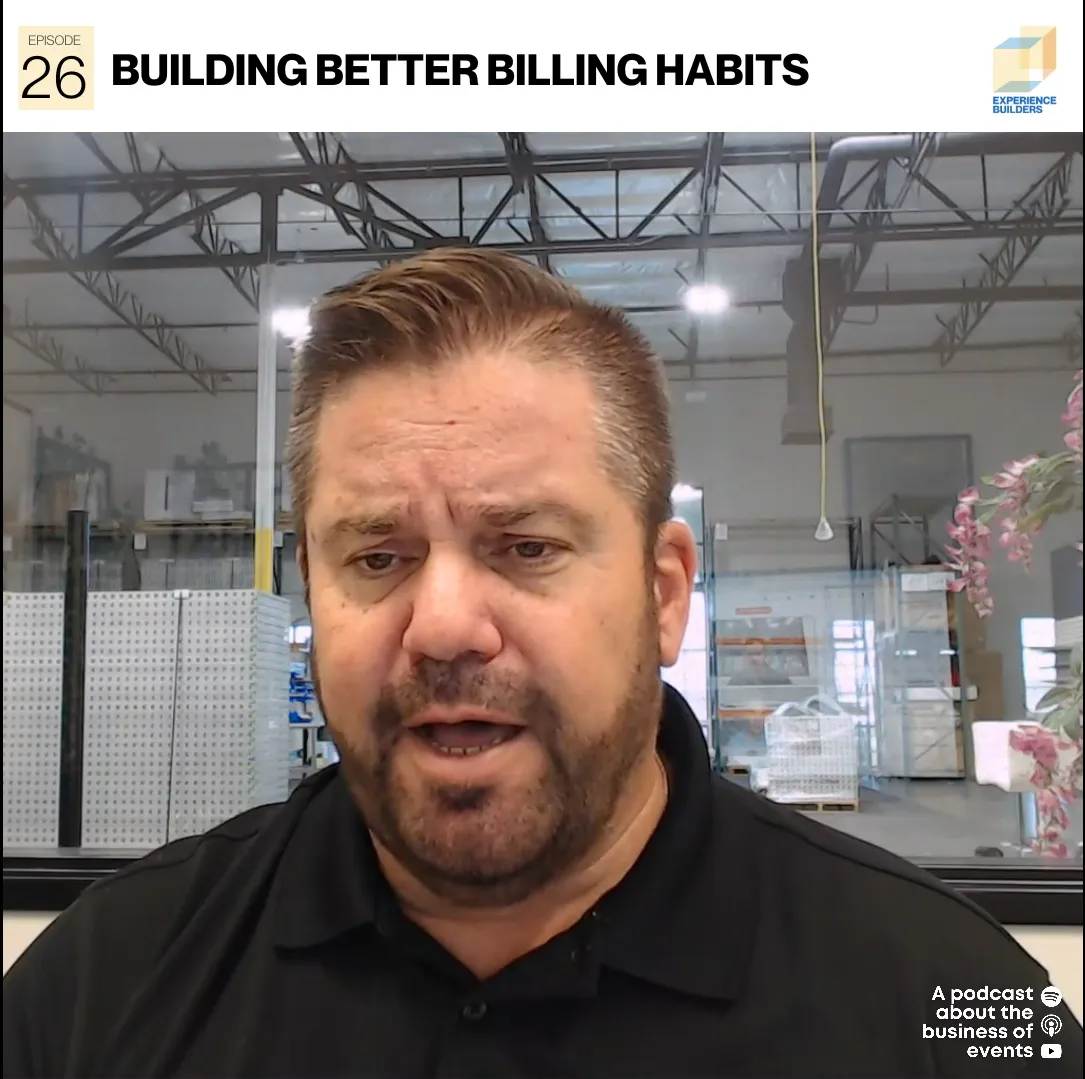Doing business in Mexico has its cross cultural challenges, but understanding Mexico’s business culture and etiquette is necessary for establishing business relationships that result in profitable business outcomes.
The general attitude is Mexicans value friendship, humor, honesty, hard work and personal honor and are very status conscious. They care about what you wear, what car you drive. Social status is measured by wealth, family name and education.
Mexicans traditionally have a relaxed attitude toward time, although this is changing in urban areas. Generally, they believe individuals are more important than schedules.
|
Related Content |
In Mexico, time is not money; money is for enjoying life. There is a saying, “Americans live to work, but Mexicans work to live.”
To build relationships and negotiations, Mexicans prefer doing business with people they know and trust. Success in Mexico is therefore dependent upon one’s ability to establish and maintain good relationships. Interpersonal skills are necessary to cultivate relationships and win the favor of others. In fact, trust and friendship may be more important than professional competence or experience.
Business negotiations generally take place between high-ranking executives.
Meetings generally start slowly with Mexican businessmen exhibiting behavior that is gentle and compromising as they warm up to the actual topics and purpose of the meeting. Mexican business executives often spend time discussing general topics, waiting until the final moments of conversation to bring up the matter at hand. Yet, in the “every second counts” mentality of the U.S., light conversation like this is often viewed as an expensive waste of time. Patience is a virtue when doing business in Mexico.
Business dress in Mexico is formal for business meetings, including suits and ties, and they will expect you to do the same in major cities such as Mexico City, Guadalajara and Monterrey. The exception to this rule is if you are meeting in a very hot region, a port or beach resort.
Business offices in Mexico City are open 9 a.m. to 5 p.m. Monday through Friday, but many may stay open until 7 p.m. Most people leave for lunch around 2 p.m. and may take two hours for lunch.
When greeting a business contact in Mexico, first names are rarely used initially. First names are reserved for family and close friends. One should wait to be invited to address new acquaintances by their first names. Professional titles, such as “doctor” or “professor’ should be used as this recognizes status. Engineers, lawyers and architects are similarly addressed by their appropriate titles. Those without titles should be addressed as Mr. (Señor), Mrs. (Señora) or Miss (Señorita) followed by the surname.
Men usually greet with a handshake or nod of the head when doing business and in social situations. Women may pat each other on the right forearm or shoulder. Men may want to wait for a woman to initiate a handshake. After a relationship has been established, hugging is appropriate and common.
Mexicans typically stand close to each other while talking, sometimes touching their friend’s clothing. They often use hand and arm gestures in conversation. The “thumbs up” gesture expresses approval. Tossing items is offensive; hand items directly to another person.
Business deals in Mexico are only closed between friends and business meals are the time to get to know each other. Conversation may wander through many different topics and the actual business topic at hand is sometimes reached over coffee and after meal drinks.
Although schedules for eating vary, many Mexicans eat four meals daily; a light breakfast, an early lunch, a main meal in the late afternoon, and a light snack at night. When eating, Mexicans keep both hands above the table. Meals usually are not rushed. One should always ask to be excused when leaving a table or room.
For additional information on Mexican business etiquette, check out www.mexgrocer.com/business-in-mexico.html or http://www.solutionsabroad.com/en/business-in-mexico/business-category/business-practices-in-mexico-the-basics.html.
Barbara Hicks, senior project manager, Nuance International contributed to this article.






















